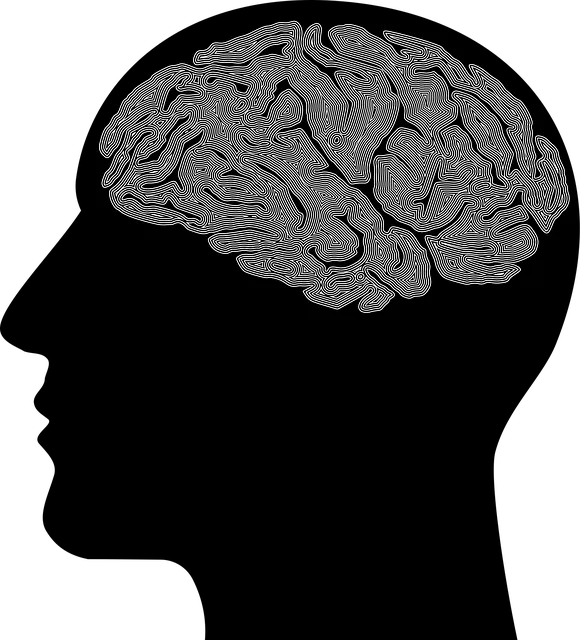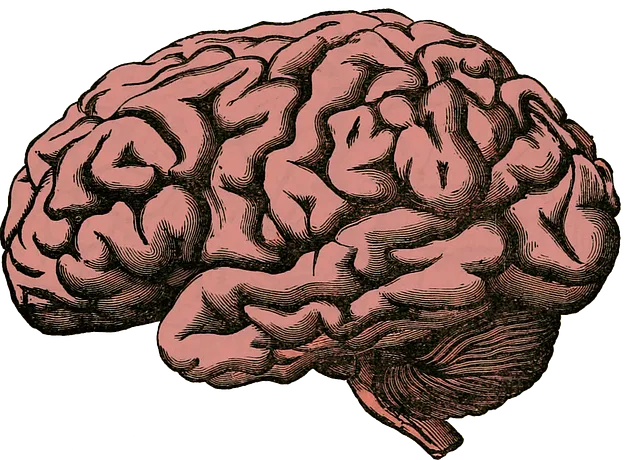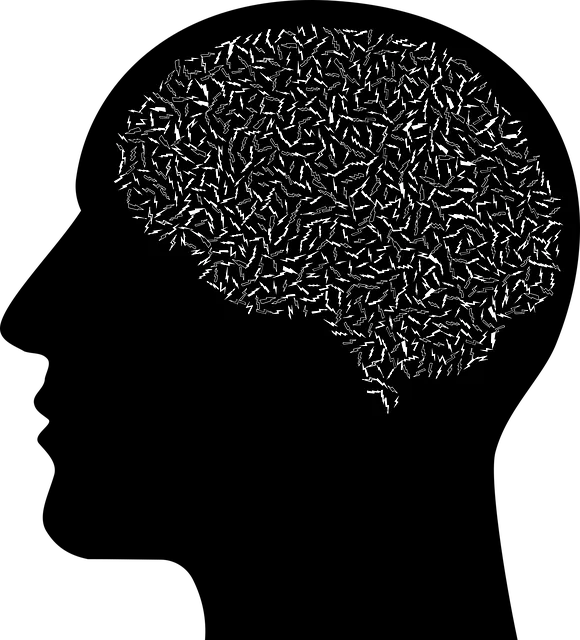Kaiser Permanente behavioral health services Aurora provides comprehensive CIT training, focusing on advanced communication, de-escalation, and crisis management. The program equips first responders and community members with skills to recognize distress signs and intervene effectively. Key components include self-awareness exercises, evidence-based interventions, podcast series production, simulations, and stigma reduction efforts, all designed to enhance crisis response capabilities while normalizing mental health conversations.
In today’s challenging landscape, effective crisis intervention is more crucial than ever. Organizations like Kaiser Permanente Behavioral Health Services Aurora have pioneered innovative training programs that equip teams with essential skills to navigate and de-escalate crises. This article explores “Understanding Crisis Intervention Team Training,” highlighting the successful model at Kaiser Permanente Aurora and the key strategies that underpin effective crisis response. By delving into these aspects, we aim to enhance understanding and foster better support systems.
- Understanding Crisis Intervention Team Training
- Kaiser Permanente Behavioral Health Services Aurora: A Model Program
- Essential Skills and Strategies for Effective Response
Understanding Crisis Intervention Team Training

Crisis Intervention Team (CIT) training programs are designed to equip individuals with the knowledge and skills needed to effectively respond to crises in their communities, especially those related to behavioral health issues. These programs, such as those offered by Kaiser Permanente behavioral health services in Aurora, play a vital role in fostering a culture of care and support. The primary focus lies in enhancing the abilities of first responders, community members, and even peers to recognize signs of distress and intervene appropriately.
The training delves into various essential components, including advanced communication strategies, de-escalation techniques, and crisis management. Participants learn effective ways to communicate with individuals in distress, helping them feel heard and understood. Public Awareness Campaigns Development is another critical aspect, aiming to educate the public about behavioral health challenges and reduce stigma. Additionally, Social Skills Training equips trainees with the ability to build rapport, foster trust, and connect with those seeking help, making interventions more successful and empowering.
Kaiser Permanente Behavioral Health Services Aurora: A Model Program

Kaiser Permanente Behavioral Health Services Aurora stands as a shining example of an effective crisis intervention team training program. This initiative focuses on empowering healthcare professionals to handle mental health crises with compassion and expertise. By integrating innovative strategies into their training, such as Mental Health Policy Analysis and Advocacy, the program ensures that participants are equipped not only with technical skills but also a deep understanding of the broader systemic issues affecting mental wellness.
The success of Kaiser Permanente’s approach lies in its holistic perspective, which includes Self-Care Routine Development for Better Mental Health. This component emphasizes the importance of professionals prioritizing their own well-being to avoid burnout and maintain resilience. Additionally, the program actively addresses Mental Illness Stigma Reduction Efforts, fostering an environment where individuals feel supported and understood, thereby encouraging help-seeking behaviors and positive outcomes for those in crisis.
Essential Skills and Strategies for Effective Response

In crisis intervention team training programs, such as those offered by Kaiser Permanente behavioral health services Aurora, participants are equipped with essential skills and strategies to handle mental health emergencies effectively. These include enhancing self-awareness exercises to better understand one’s own emotions and biases, which is crucial for providing unbiased support to individuals in distress. By fostering a deeper level of self-awareness, team members can create a safe and non-judgmental environment, reducing the impact of mental illness stigma and promoting open communication.
Additionally, training emphasizes evidence-based interventions tailored to address diverse psychological needs. Incorporating Mental Wellness Podcast Series Production techniques enables teams to share resources, best practices, and real-life experiences, enhancing continuous learning. These collaborative efforts not only strengthen crisis response capabilities but also contribute to Mental Illness Stigma Reduction Efforts by normalizing conversations around mental health. Through interactive simulations and role-playing scenarios, team members gain practical experience in de-escalation techniques, ensuring a swift and effective resolution during critical situations.
Crisis intervention team training programs, like those offered by Kaiser Permanente Behavioral Health Services Aurora, are vital tools for fostering effective response strategies in organizations. By equipping teams with essential skills and knowledge, these programs enable better navigation of emotional and traumatic situations. In light of the growing importance of mental health awareness, such initiatives can revolutionize how we support individuals in crisis, making communities safer and more resilient.






